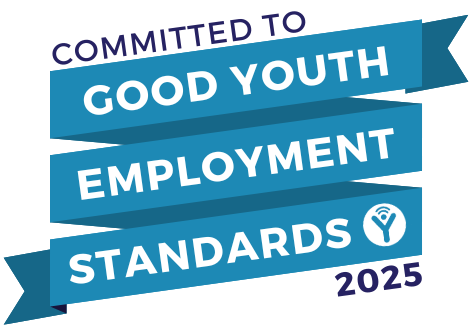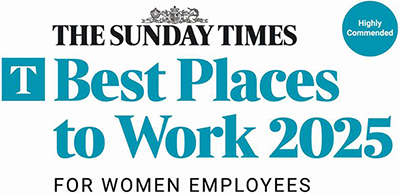The Party Conference Season sees both Labour and the Lib Dems reiterated their commitment to replacing the Apprenticeship Levy with a new, more flexible system, while perhaps the most headline-grabbing announcement came from the Conservatives, who plan to replace A Levels and T Levels with a new broader qualification – but not for another decade or so.
We’ll be watching out for more details on these and any other policies on skills and education which emerge as we head towards a general election at some point in 2024.
Conservative
The Prime Minister, Rishi Sunak, used his conference speech to announce the introduction of a new Baccalaureate-style qualification for 16-to-19-year-olds called the Advanced British Standard (ABS). The proposal would see the eventual replacement of A Levels and T Levels with this single qualification, aimed at putting technical and academic education on an equal footing.
Students will have more subjects under the current system, at both ‘major’ and ‘minor’ levels, with most taking at least five. Some study of both English and maths would be mandatory until the age of 18, a move aimed at reversing the long-standard trend of students – particularly disadvantaged ones – leaving school without the minimum standards in literacy and numeracy. The ABS would also increase the minimum number of classroom hours from 1,280 to 1,475 over two years – designed to align the UK with the likes of Denmark, Norway and the Netherlands – and would include greater flexibility between technical and academic subjects in order to increase future career options.
If the proposal is adopted, students starting primary education in September 2023 would be the first to take the new qualifications – so, for the time being, at least, A Levels and T Levels will remain.
The government will consult on these plans in the coming months and plan changes to strengthen the skills system alongside it. Initial funding of £600 million has been allocated over the next two years, including £200 million to improve the recruitment and retention of teachers in key subjects and £300 million to help more students pass English and maths GCSEs. While details and timescales haven’t yet been published, this is a positive move for learners who must complete maths and English as part of their apprenticeship.
Labour
The shadow education secretary, Bridget Phillipson, signalled her recognition of the need for a new approach to core maths skills with the launch of a ‘phonics for maths’ programme as part of a planned curriculum review. She placed an emphasis on early years and primary school education, aimed at improved maths teaching with ‘real world’ numeracy lessons (such as household budgets, currency conversions and cooking recipes).
The party also confirmed its intention to establish Skills England, which would collaborate with local and central government, businesses, training providers and unions to meet the skills needs of the next decade. It would also work with the Industrial Strategy Council to develop skills strategies for priority sectors (such as automotive) and the Migration Advisory Committee to consider wider labour needs.
The new body would also work with the devolved nations to encourage businesses to invest in skills, particularly those needed to meet the ambitions of the Industrial Strategy and the party’s Green Prosperity Plan. It would also engage with the Institute for Apprenticeships and Technical Education to address bureaucracy around the approval of qualifications before they become available to learners.
Labour also reiterated plans to replace the Apprenticeship Levy with a Growth and Skills Levy to give businesses greater flexibility to train their staff and deliver growth. Under this new system, employers will have the freedom to use up to 50% of total levy contributions on non-apprenticeship training, with at least 50% reserved for apprenticeships. Employers not currently paying the levy due to their size will continue to receive 95% co-investment payments.
Liberal Democrats
The Liberal Democrats have restated their plans to replace the current Apprenticeship Levy with a wider Skills and Training Levy, though details on how this will offer greater flexibility for employers have not been released. This was first proposed in their 2019 general election manifesto, which stated that 25% of funding raised by the levy would go towards a Social Mobility Fund targeted at areas with the greatest skill needs.
The Lib Dems also pledged to increase apprentice pay to “at least the minimum wage” to counter high dropout rates and reiterated their intention to introduce a Skills Wallet whereby every adult could access £10,000 to spend on education and training throughout their lives. The party previously said the Skills Wallet would release the funds over a thirty-year period (£4,000 by the age of 25, £3,000 at 40 and another £3,000 at 55).
The Lib Dems also committed to increasing per-student funding in schools and colleges above inflation every year and extending the pupil premium – a grant for schools to support disadvantaged pupils, which currently ends in year 11 – to students aged between 16 and 18.
Among the policies is a new plan for a £390 million funding pot to support tutoring for up to 1.75 million students each year by supporting small group sessions in schools and colleges.








